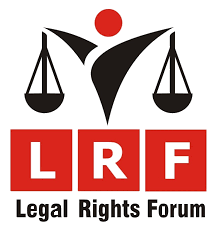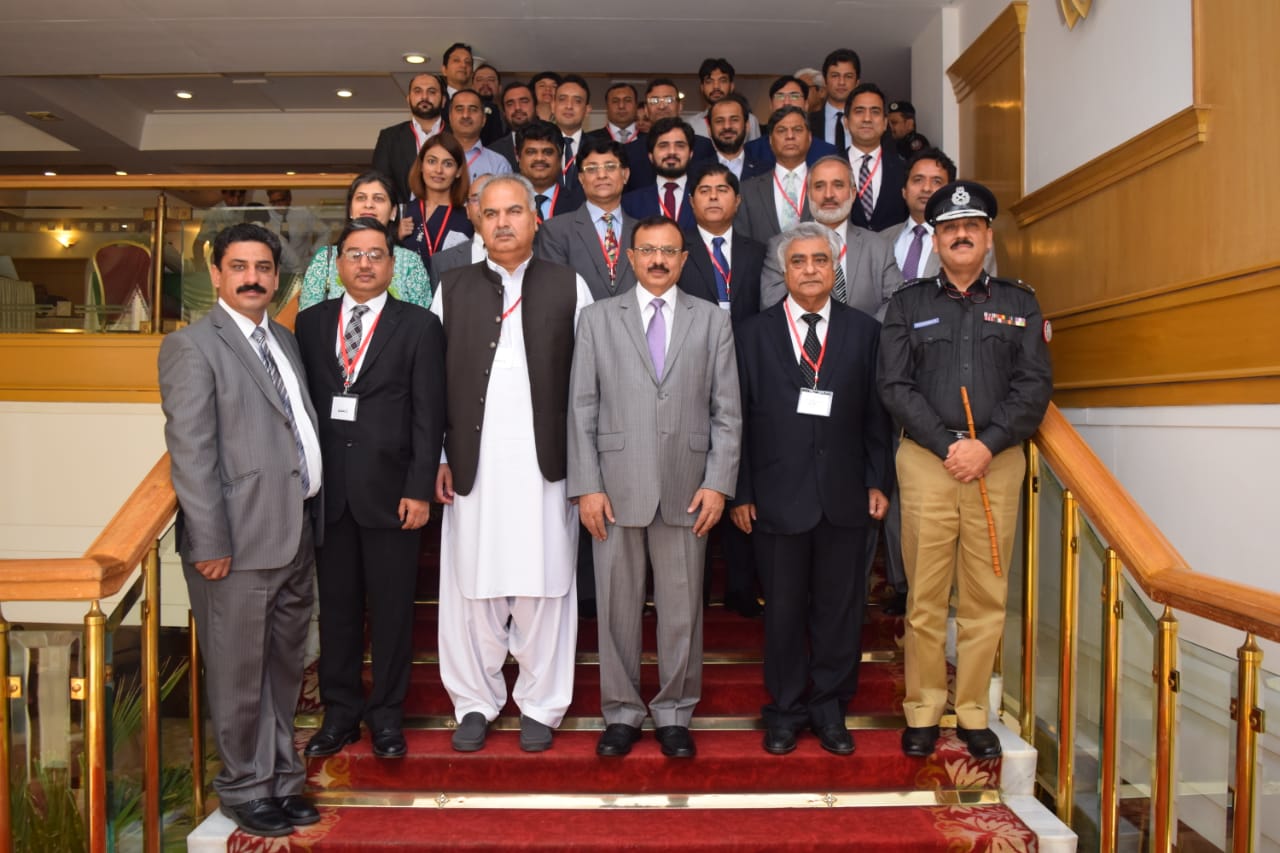The Silver Lining of 2019-Novel Coronavirus (2019-nCoV) Lockdown
New strategies, treatment regimens and management options are being tried out to overcome the 2019-Novel Coronavirus(2019-nCoV). This pandemic will be marked and remembered all throughout history. Our actions will reflect our ethical values as a nation and individual. This is where concept of right and wrong or ethics comes in.
Ethics are a set of rules, used to determine right from wrong. While morals are hard and fast set of rules that you should or are expected to follow, ethics are beyond rules and involve reasoning; for e.g. by testing it on a specific race, against their consent will reflect us differently than if we act morally and smartly. Although this is not the first disease that has alarmed public health. With many like Cholera, Plague, chikungunya, Smallpox and SARS, Coronavirus has spread the most globally. With varying symptoms and treatment response among patients, Corona virus has put the world on lock down and health care workers on the front line.
Hipocrattes Oath, the oath each doctor takes at the beginning of his/her practice makes them pledge devotion to their practice and always do what is best for the patient. The oath revolves around the moral duties of a health care provider which are being tested right now. Each doctor on the front line, fighting this pandemic should be given tremendous respect. Moreover, some ethical question that arise are, for e.g. Are doctors morally obliged to treat a patient suffering from Coronavirus without proper Personal Protective Equipment (PPEs)? Since Hippocrattes Oath also states that “prevention is preferable to cure,” should doctors have the right to step back from their duties if the hospital lacked PPEs to prevent spread?
Doctors are more susceptible in the transmission of an infectious disease, whether it is from patient to doctor or doctor to patient; especially when the mode of transmission is via respiratory droplets. This has been the case in not just this Pandemic but even in SARS- with 30 percent of the confirmed cases being healthcare providers and many others as a proof. So, should a doctor, having full knowledge of the gap between standardized PPEs and the PPEs available at hospitals, consider it “right” to step back from their duties as a health care provider to protect themselves from contracting the virus? A doctor who is capable of catering multiple patients, to the best of their ability can also infect numerous people, including their families and contaminate numerous things. This raises the question of whether it is an ethical responsibility for doctors in Pakistan, who are on the front line, fighting COVID-19, to themselves under self-quarantine or not.
The 4 principles of healthcare ethics, presented by Beauchamp and Childress in 2008 are 1. Principles of respect of autonomy (doctor should abide by patient’s wishes), 2. Principles of non-maleficence (cause no harm/ least amount of harm for beneficial outcome), 3. Principles of beneficence (treatment should benefit the patient) 4. Principles of Justice (benefits should outweigh the burden). These principles are considered when answering such questions and when differentiating between what is considered morally right and what is considered morally wrong.
Ethics place a grave responsibility on Healthcare workers (HCWs) and since ethics are based on reasoning, the reasoning of the Healthcare Worker, justifying their actions reflect on how ethical they are. Ethically, the decisions and reasoning should be medically/ factually sound and socially acceptable for e.g. in testing the vaccine on the Africans even if it is for the greater good. There should be no discrimination or biasness and all HCWs should acknowledge that fighting odds in the current situation is a shared responsibility among everyone whose expertise is required.
Author : Nimra Shahid
The author is a final year BDS student from Altamash Institute of Dental Medicine, Karachi, Pakistan. She has been involved in volunteer and humanitarian work on women and children.



